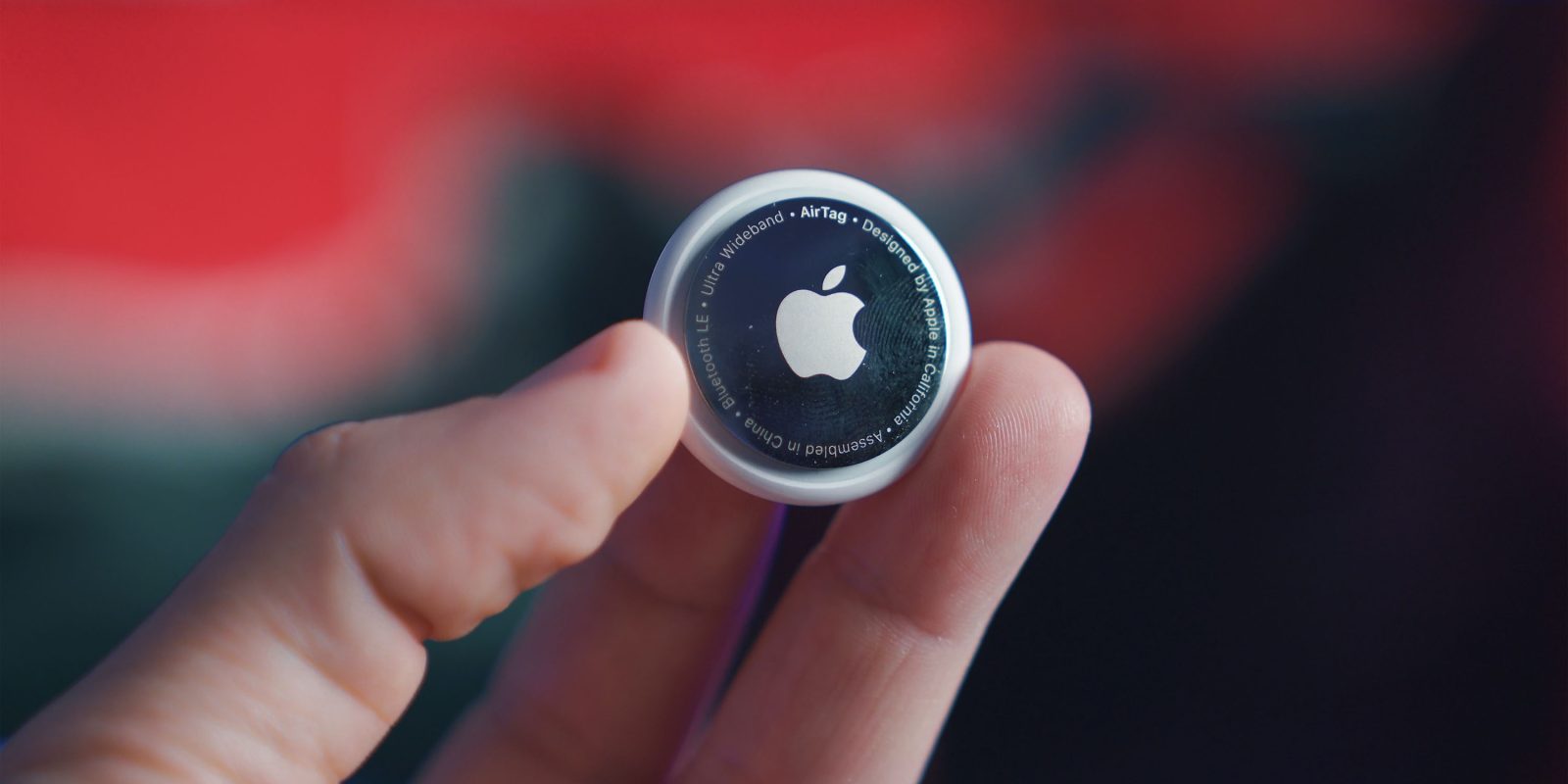
An analysis of 150 police reports shows that Apple’s AirTag stalking protections are working around a third of the time.
While AirTags can and have been used by stalkers, examining reports from eight police departments reveals that exactly one-third of the victims were alerted by notifications on their phones …
Background
Ever since the launch of AirTags, there have been numerous reports of the tracking devices being misused by abusive partners, other stalkers, and thieves.
A casual reading of these gives the impression that AirTags created a capability that didn’t exist before. The reality is that GPS and Bluetooth trackers have existed for a great many years. AirTags got the media attention because Apple stories generate views – or, more charitably, because the mainstream media was unaware of existing products.
All the same, Apple responded by improving the anti-stalking protections already built into AirTags, as well as creating an Android app to allow their detection. Tile later followed Apple’s example with a less sophisticated anti-stalking feature.
AirTag stalking protections in action
What hasn’t been known up until now is how effective the safeguards are in practice. A new analysis, based on an admittedly small number of cases, provides some insight into this.
Motherboard reports:
Motherboard requested records mentioning AirTags in a recent eight month period from dozens of the country’s largest police departments. We obtained records from eight police departments.
Of the 150 total police reports mentioning AirTags, in 50 cases women called the police because they started getting notifications that their whereabouts were being tracked by an AirTag they didn’t own.
The reports also reveal that most cases involve former significant others.
Most cases involved angry exes; one woman called to report that her ex had slashed her tires and left an AirTag in the car to watch her. A woman in another police report said she’d found AirTags attached to her car multiple times, and knew it was her ex, who has a past of assault. She said she knew it was him because he was showing up to her locations at the same time as her.
In another police report, a woman said she started noticing something beeping inside her vehicle every time she left her house; she found an AirTag in her car and confronted an ex who admitted to putting it there to see if she was “cheating.”
The offenders in these cases were most often identified by the fact that they were seen constantly showing up in the same locations as their exes.
One domestic violence education group says that while electronic tracking isn’t new, the publicity around AirTags has made it easier for non-tech abusers to use.
Location stalking is “as old as GPS technology itself,” Mary Beth Becker-Lauth, domestic violence community educator at the nonprofit organization Women’s Advocates, told me. But historically it’s taken some technical knowledge to implement against another person. “Until fairly recently, the women (and they were always women) who’d come to our program for support while being stalked/tracked had an abuser/stalker who worked in IT or who was highly tech-savvy,” she said.
Electronic Frontier Foundation cybersecurity director Eva Galperin says that these reports show Apple’s protections are working.
“It’s not that somebody has randomly found an AirTag. It’s that the anti-stalking mitigations that Apple has implemented are finally working, and the results are that some smaller subset of those people are then going to police,” she said. “So, yes, we did understand from the very beginning that this was going to be a major problem. But part of it I think is just reflected in the fact that stalking is a major problem. And that having the AirTag alert go off is actually something that a person can bring to the police as solid evidence, which sometimes they otherwise do not have.”
Becker-Lauth says that the other side of the solution is police departments treating stalking seriously, as a potential threat to life. It would of course also be helpful to explore what further improvements could be made to boost the AirTag detection rate from 33%.
Photo: Onur Binay/Unsplash
FTC: We use income earning auto affiliate links. More.






Comments